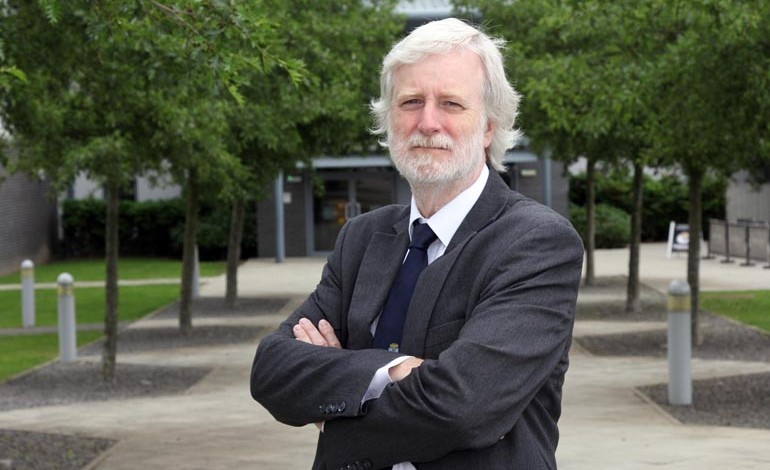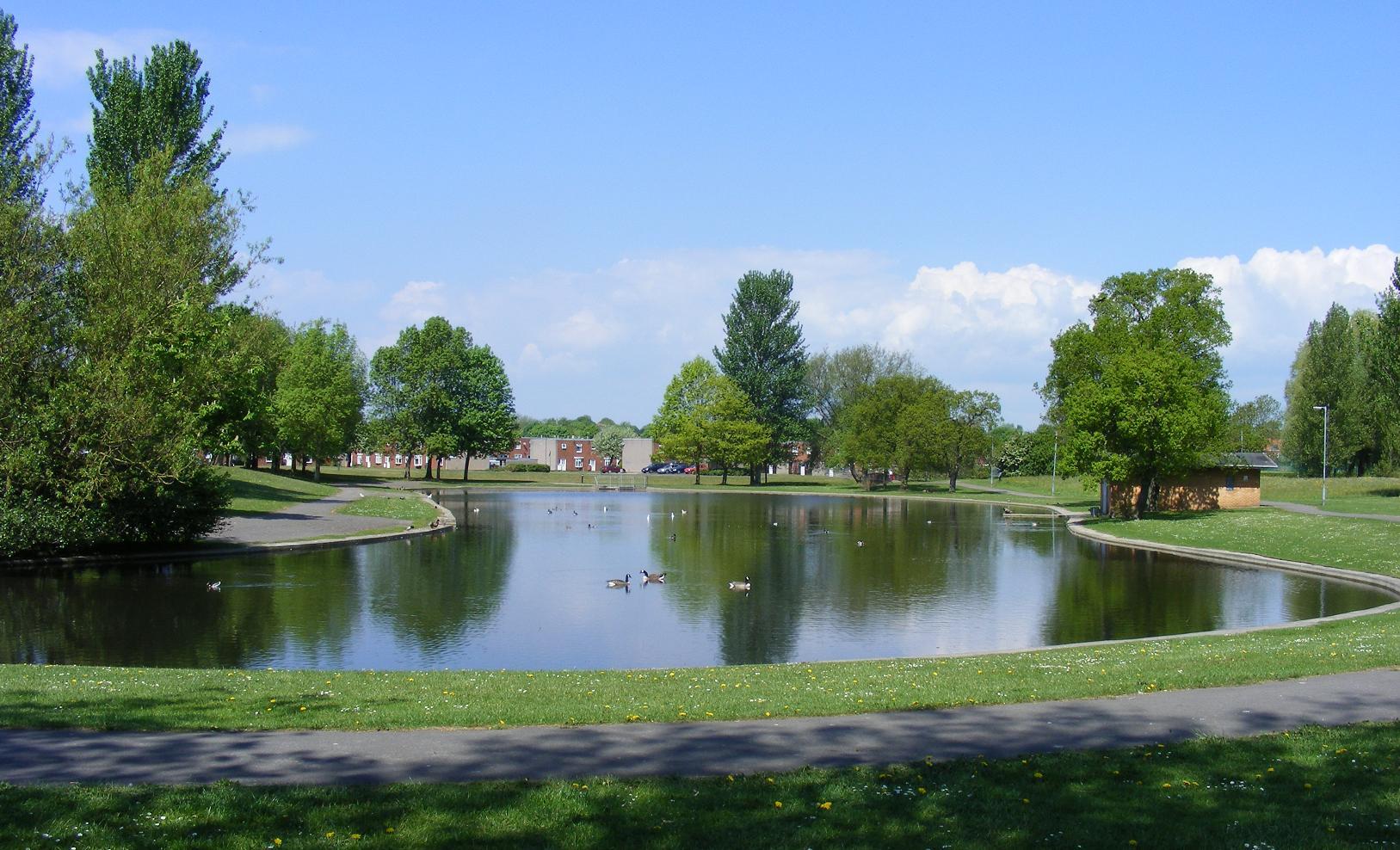Dear Sir,
On Tuesday I was honoured to speak at the final REBUS international conference.
REBUS is a four-year EU ‘Interreg’ project, in which Durham County Council has taken part, and which has sought to develop a model ‘pathway’ to help local authorities improve the energy and carbon efficiency of public buildings.
A PERSONAL REFLECTION
On a personal note, REBUS changed my life. In November 2018, as the Council’s Cabinet Support for Economic Regeneration, I opened a conference in Durham about Electric Vehicles. There, I met the a-ma-zing DCC Low Carbon Team who asked me to speak at their forthcoming REBUS conference, and that was how I got involved in Climate Change.
Fast forward two years – through an ‘Emergency Climate Declaration’, drafting an Action Plan, and an extensive consultation – and Durham County Council is now implementing its two-year ‘Climate Emergency Response Plan’ promising:
• an 80% reduction in the Council’s CO2 emissions by 2030;
• a 72% reduction in the wider County’s CO2 emissions by 2025;
• 111 (and growing) discrete costed actions to bring this about.
AT THE CONFERENCE
Most of the conference was taken up with the eight partner authorities sharing what they had achieved.
Malmo (Sweden) and Borsod (Hungary) described their work on awareness and behavioural change. Crete and Malopolska (Poland) had explored engagement with partners. Buzau (Romania) and Tuscany have developed public-friendly policies. Interestingly, both Malmo and Malopolska referenced the County Council’s ‘EcoSchools’ decarbonisation work as an influence.
DURHAM’S CONTRIBUTION
Durham had been asked to focus on the work we have been doing on renewable heat, and I was able to inform the partner delegates about:
• Seaham Garden Village (for which DCC is acting as enabler and support) – everything there will be heated by mine water, which will be 10% cheaper than existing heating and will save 55% on CO2 emissions.
• Our work to develop a Heat Network for public buildings in Durham city-centre, which will save 1,750 tCO2 per annum and which, although it will probably use the River Wear, is also investigating sewerage as a heat source.
• The work to install mine water heating in the Louisa Centre, Stanley – a local pioneer scheme for a public building which, it has turned out, is unearthing all the problems associated with developing that resource. (We are currently pursuing a funding bid to the government’s public sector decarbonisation fund.)
AN INTERNATIONAL REPUTATION
The conference concluded with important presentations on the €1 trillion Green Deal which is being rolled out across the EU, and on future ‘Interreg’ projects. Although County Durham will of course have no part in the EU Green Deal, DCC – because of the highly-respected work of its Business Energy Efficiency Project – has been asked to participate in Interreg’s ‘SME Power’ project, which is about how to help small businesses reduce their energy costs and carbon emissions.
It made me realise the high international esteem in which DCC’s climate work – and its climate action team – are held.
Cllr John D Clare
DCC Climate Champion










